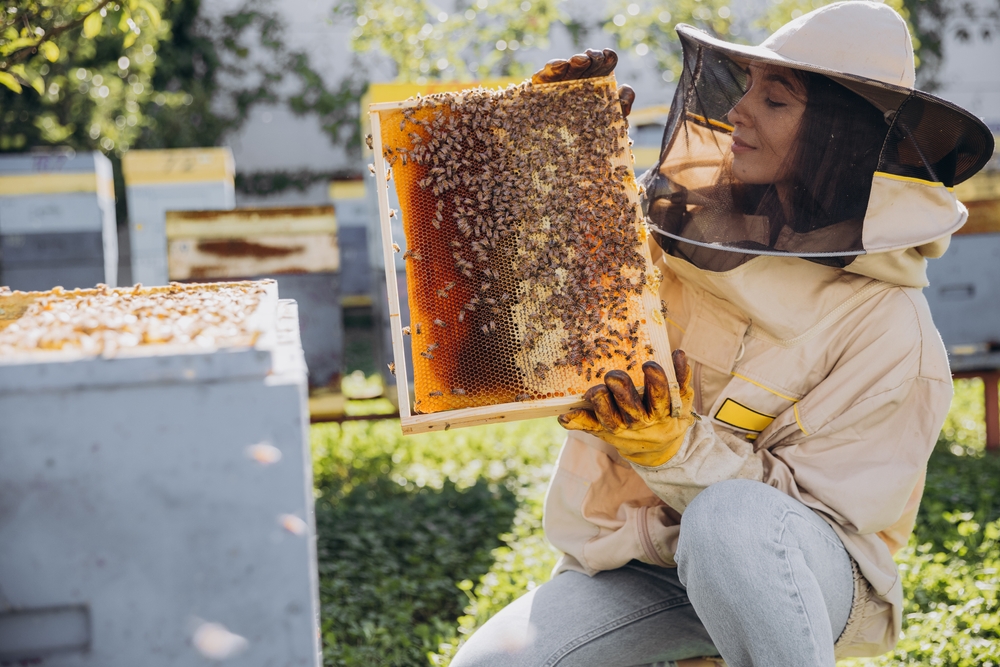The Rise of Urban Beekeeping: An Eco-Friendly Trend
Urban beekeeping has been creating a buzz in cities worldwide. This eco-friendly trend is not just about honey production but also promotes biodiversity in urban environments and raises awareness about the threats facing pollinators. Let's delve into the fascinating world of urban beekeeping.

The Historical Origins of Urban Beekeeping
Beekeeping, or apiculture, is an ancient practice dating back to 2400 B.C. in Egypt. However, urban beekeeping is a relatively new phenomenon that has emerged in response to environmental concerns. As the world began to realize the critical role bees play in pollinating our food crops and the threats they face from habitat loss, pesticide use, and climate change, urban dwellers started installing hives on rooftops, balconies, and in community gardens.
The Current State of Urban Beekeeping
Around the globe, urban beekeeping has taken flight. In London, the number of beehives doubled between 2008 and 2013. New York City legalized beekeeping in 2010, and there are now hives on the rooftops of iconic buildings like the Waldorf Astoria and the New York Public Library. In Tokyo, the Ginza Honey Bee Project has been transforming the city’s rooftops into bee-friendly spaces since 2006.
Urban beekeeping is not just for hobbyists; businesses are also getting involved. From hotels offering honey from their rooftop hives to cosmetics companies using urban honey in their products, urban beekeeping has a growing influence on the market.
The Impact and Benefits of Urban Beekeeping
Urban beekeeping boosts biodiversity, improves pollination for city gardens, and offers educational opportunities about the importance of bees. It can also be a form of therapy, offering city dwellers a chance to connect with nature.
However, urban beekeeping is not a panacea for the decline in bee populations. It’s essential to ensure that there is enough forage for the bees and to manage hives responsibly to prevent the spread of diseases.
The Future of Urban Beekeeping
With cities becoming more aware of the importance of sustainability and biodiversity, the future of urban beekeeping looks bright. However, it’s crucial that would-be beekeepers are educated about responsible practices to ensure the health and success of their hives.
Urban beekeeping is a trend that brings a touch of nature into our cities, benefiting both the environment and urban dwellers. It’s an example of how we can live in harmony with nature, even in an urban jungle.




